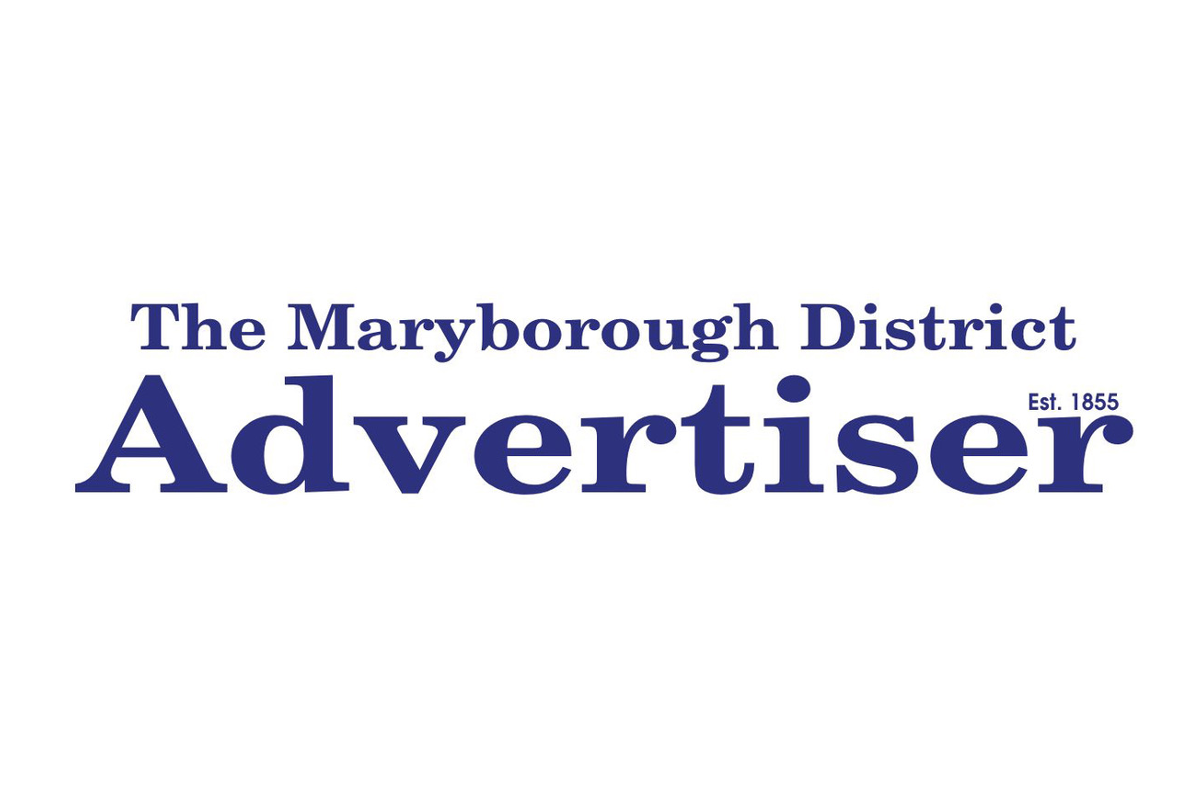General News
27 November, 2023
Op-ed: Kickstarting a crucial conversation
Prealene has been a journalist with The Advertiser since 2022. Her experience moving to Maryborough was recorded for the new SBS/Black Fella Films docu-mentary Meet the Neighbours which aired earlier this month. I’ve spent a year in Maryborough...

Prealene has been a journalist with The Advertiser since 2022. Her experience moving to Maryborough was recorded for the new SBS/Black Fella Films docu-mentary Meet the Neighbours which aired earlier this month.
I’ve spent a year in Maryborough, and I’ve learnt, the town doesn’t like talking about colour.
As a brown person in a predominantly white area, that’s a problem.
My complexion, darker than most residents here, is an integral part of my identity — and in the past couple of weeks, it’s been the subject of racist vitriol.
“I’m getting a little bit sick of this diversity crap...” one comment said, on a post featuring a picture of me, uploaded on a Facebook group with around 10,000 followers.
It’s a group I’m part of, the community’s one-stop-social networking forum, where they discuss chooks for sale, nostalgic scenes from the town’s golden years, spectral fiery sunsets and now, they’ve also opened up the platform to question the circumstances behind my hiring — “Why wasn’t this job given to someone that lives in Maryborough, why did it have to go to a person of “COLOUR”.
An egregious question that belongs in an ignorant past — one not reminiscent of Maryborough’s rich multicultural history.
The remark accompanies similar assertions, they’re alluding to the picture’s caption which notes I am the first journalist of colour to work at the town’s local paper in its 150-year history.
“No such thing as black and white we are all human beings…” another commenter wrote.
Being a person of colour, often means that our ethnicity bleeds into our professional lives — leading to heightened discrimination, limited job prospects and the ongoing task of navigating subtle, undermining micro-aggressions.
To take away our colour is to pale the significance of the obstacles we’ve encountered.
This unsolicited social media commentary has followed the release of SBS’ Meet the Neighbours documentary, a series that shadowed me and seven other diverse migrant households as we settled in Maryborough, the backdrop of the show.
Maryborough, like many regional Australian towns, is sitting at the precipice of decline unless it works towards tipping the scales in its favour — with an ageing population, skilled worker shortages and declining birth rates, an invaluable solution emerges, one that is worth its weight in gold: the inclusion of migrants.
Hoping to integrate with the locals in the town, migrants, like the series’ participants, bring a plurality of ideas and the resulting heterogeneity makes host communities more resilient as inevitable future ordeals roll in — together, we fortify.
Theoretical appeal aside, there’s still barriers in getting skilled migrants to settle in these regional areas, but the most formidable obstacle, in my experience, has been the outright refusal to acknowledge, let alone address, these hurdles.
Since the series aired, I’ve been approached countless times by well-meaning locals, and all the conversations we have, often sidestep the challenges I and the other households faced.
More than a face on their TV screens, I’ve become a sounding board — they talk to me about their own relationship with the town, eager to tell me that racism doesn’t exist in Maryborough.
Every day a Caucasian person parrots the same sentence and yet, no one has asked me if I think that’s true.
If they did, I, who has been on the receiving end of many casually racist remarks in the past year, would tell them otherwise.
But is Maryborough and indeed the entire country, ready to have that conversation?
With the rest of the nation watching on, Meet the Neighbours is reflective of Maryborough’s courage in confronting its lack of diversity — a bold step forward.
Now, the town needs to maintain its pace and set a course of action by embracing the insights mirrored in the documentary, leveraging its strengths and addressing its weaknesses.
The town, once again has an opportunity to set an example.
Change, an undeniable constant, is coming and like Maryborough, other struggling regional Australian towns, are at an important juncture — they hold the reins of their transition, away or towards invigoration.
In this transformative phase, local councils hold a crucial role. And, evading problems, is not a viable approach.
This shouldn’t be the time Central Goldfield Shire councillors and council executives focus on how they need to manage the “negatives” shown in the documentary, to preserve the branding of the town — it shouldn’t be about damage control.
The town’s future is at stake, extending far beyond mere PR tactics.
After the last episode aired on November 15, council held a meeting to discuss the outcomes of the documentary and disappointingly, this discussion, aimed at potentially increasing the town’s diversity, ironically, had no diverse voices.
To progress, appropriate ethnic representation must be required in all discussions; without even a seat at the table, why would anyone consider moving here?
If faced with those Facebook comments a year ago, I would’ve considered leaving immediately.
But continuing to stay in Maryborough meant I had the privilege of sharing the community’s stories, while fostering connections that still deeply resonate with me.
These ties have also revealed that grappling with misguided prejudices isn’t as straightforward as I once believed — opening doors to conversations I never imagined I’d have.
I only hope I, and the other participants, have influenced the town similarly, sparking at the very least, acknowledgment of the challenges we’ve had to contend with.
And in doing so, together, we might have just kickstarted a crucial conversation all of Australia can join in.
This article was originally published on News.com.au and has been amended for local audiences.